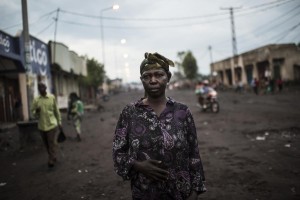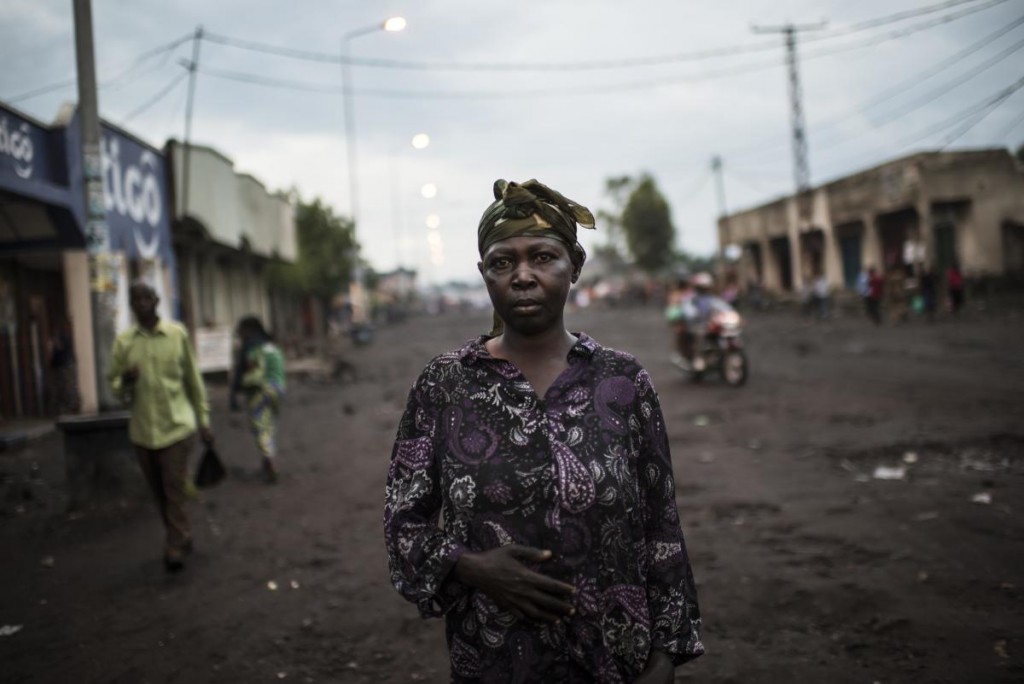Violence, brutality and unlawful treatment by authorities on the Western Balkan route are a frequent occurrence, claim refugees and other migrants in a new NGO report revealed today.

(Credit: Lynsey Addario for Time Magazine)
People fleeing war, persecution and poverty describe beatings, robbery and inhuman treatment at the hands of police, border guards and other officials. In many cases, people tell of illegal deportations with state agents denying access to asylum procedures for those seeking international protection.
The report “A dangerous ‘game’” is based on 140 interviews with people seeking safety and dignity. A disturbing pattern of brutality and abuse by law enforcement officials against migrants, including children, is exposed.
The research was conducted by the Belgrade Centre for Human Rights (BCHR) and the Macedonian Young Lawyers Association (MYLA), with the support of Oxfam. It includes testimonies of incidents in Serbia, Hungary, Croatia, Bulgaria and the former Yugoslav Republic of Macedonia.
“They put us in a cage, and didn’t give us food for three days. They beat us so badly. They even gave us electric shocks,” says Isaaq from Afghanistan about his treatment in Bulgaria.
The ‘game’ is how migrants cynically refer to their attempts to cross borders in search of safety and dignity without interception and ill-treatment by government agents.
All 140 people interviewed for the report claimed to have suffered mistreatment by officials. Accounts of abuses include:
- Border police in Croatia forcing migrants to strip and walk back over the border to Serbia, while running a gauntlet of officers who beat them with batons.
- Hungarian officials forcing migrants to take off their clothes and sit in snow as they poured cold water over them.
- Bulgarian police searching a group of migrants and taking all of their valuables, even their shoes, before sending them back over the border.
Ruth Tanner, Advocacy Advisor for Oxfam South East Europe, said: “People who are often fleeing unimaginable violence in their home countries are shockingly and unjustly thrown back into a reality of brutality here in Europe. The testimonies we have collected expose the horrendous treatment governments, including by European Union member states, are letting happen in order to stop people entering their territory.”
“These cruel and unlawful actions do nothing to stop the journey of people seeking safety and dignity. People tell us they have nothing to lose and will try to continue however dangerous it may be. Violence and intimidation must be replaced with fair and effective access to asylum procedures, and authorities must investigate claims of abuse,” said Nikolina Milić of the Belgrade Centre for Human Rights.
Many people have experienced problems in accessing asylum procedures in Serbia and Macedonia. People also tell of frequent collective expulsions from Serbia. These so-called pushbacks are prohibited by international refugee and human rights law, because, among other reasons, they undermine a person’s right to seek asylum and deny the right to due process before a decision on whether to expel them or not.
The report shows that authorities are pushing people from one country to another outside of the legal system without individual cases being heard, without legal assistance or interpreters, and without any possibility of appeal. This is illegal and unethical.
These accounts reinforce UNHCR findings that people are regularly being informally and arbitrarily expelled from one territory to another across the region. Examples of pushbacks and difficulties to access the asylum system include:

